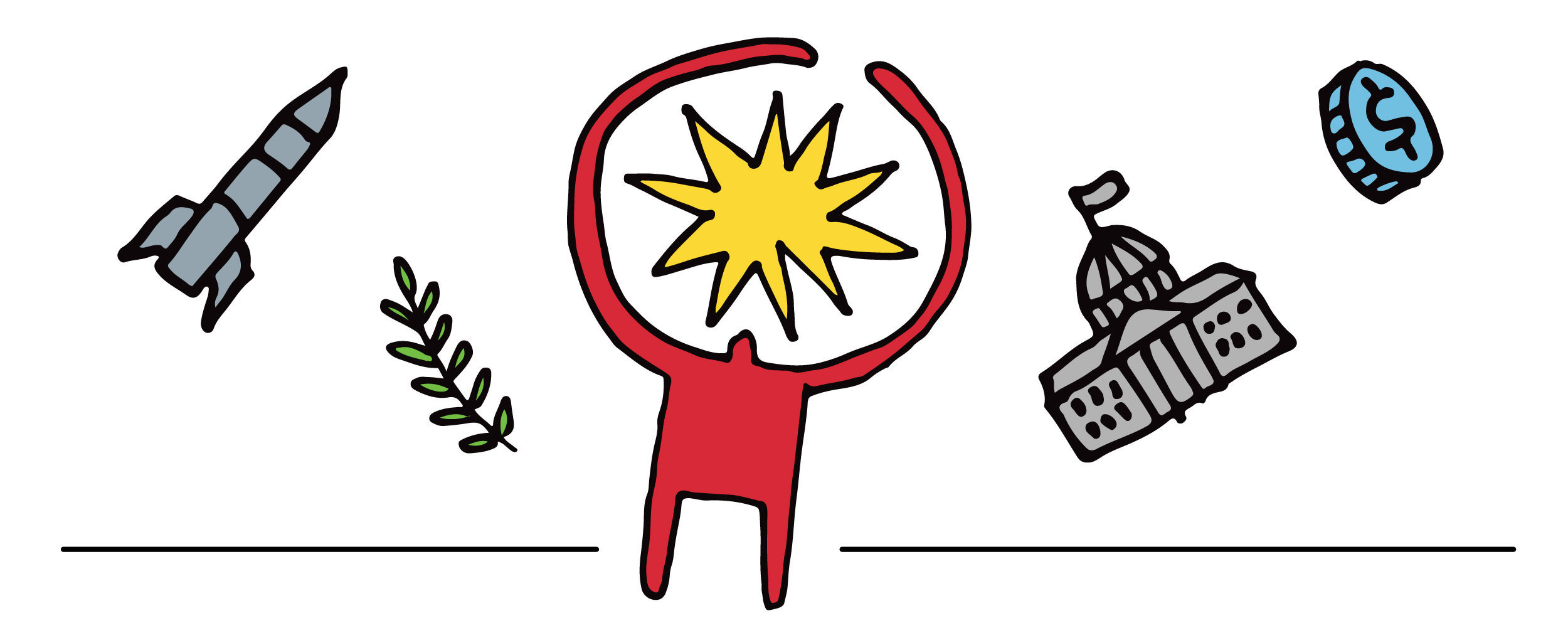Disinformation and misinformation have been blurring the line between fantasy and reality since the start of communication itself. But over the last decade, they’ve posed an increasing threat to democracy in the United States, with the 2016 presidential election becoming a major flashpoint in Americans’ understanding of the consequences of fake news. The false information flooding the internet and spreading like wildfire on social media pose risks not just to national and election security, but even to our health and safety.
With its bots, troll farms, and vested interest in certain election outcomes, Russia has become America’s public disinformation enemy. But experts say that the power of foreign actors to sow discord rests, first and foremost, right here at home, and the solution may be different than you think.
Listen and subscribe now on Apple Podcasts, Stitcher, Spotify, Pocket Casts, or wherever you get your podcasts to receive a new episode every two weeks.
GUESTS: Mike Mazarr, Senior Political Scientist at RAND Corporation; Cindy Otis, Author, Former CIA Analyst, and disinformation investigations manager; Camille Stewart, Head of Security Policy for Google Play and Android; Russell Jeung, Professor of Asian American Studies at San Francisco State University
ADDITIONAL READING:
True or False: A CIA Analyst’s Guide to Spotting Fake News, Cindy Otis.
Vote and Die: Covering Voter Suppression during the Coronavirus Pandemic, Nieman Foundation.
Combating Disinformation and Foreign Interference in Democracies: Lessons From Europe, Margaret L. Taylor.





















